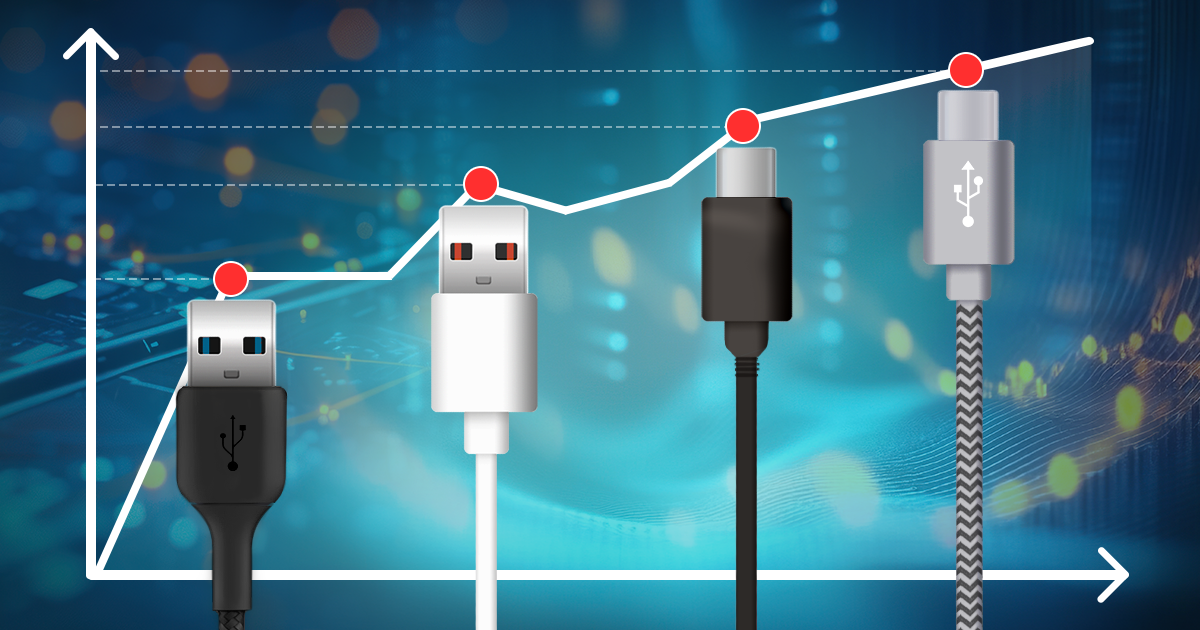February 25th, 2013 by Vladimir Katalov
It’s been a while since we released the new version of Elcomsoft Phone Password Breaker that allows downloading backups from iCloud (read the press release). Many customers all over the world are already using this new feature intensively, but we still get many questions about its benefits, examples of cases when it can be used and how to use it properly. We also noticed many ironic comments in different forums (mostly from users without any experience in using iOS devices and so have no idea what iCloud backups actually are, I guess), saying that there is nothing really new or interesting there, because anyone with Apple ID and password can access the data stored in iCloud backup anyway.
Read the rest of this entry »

